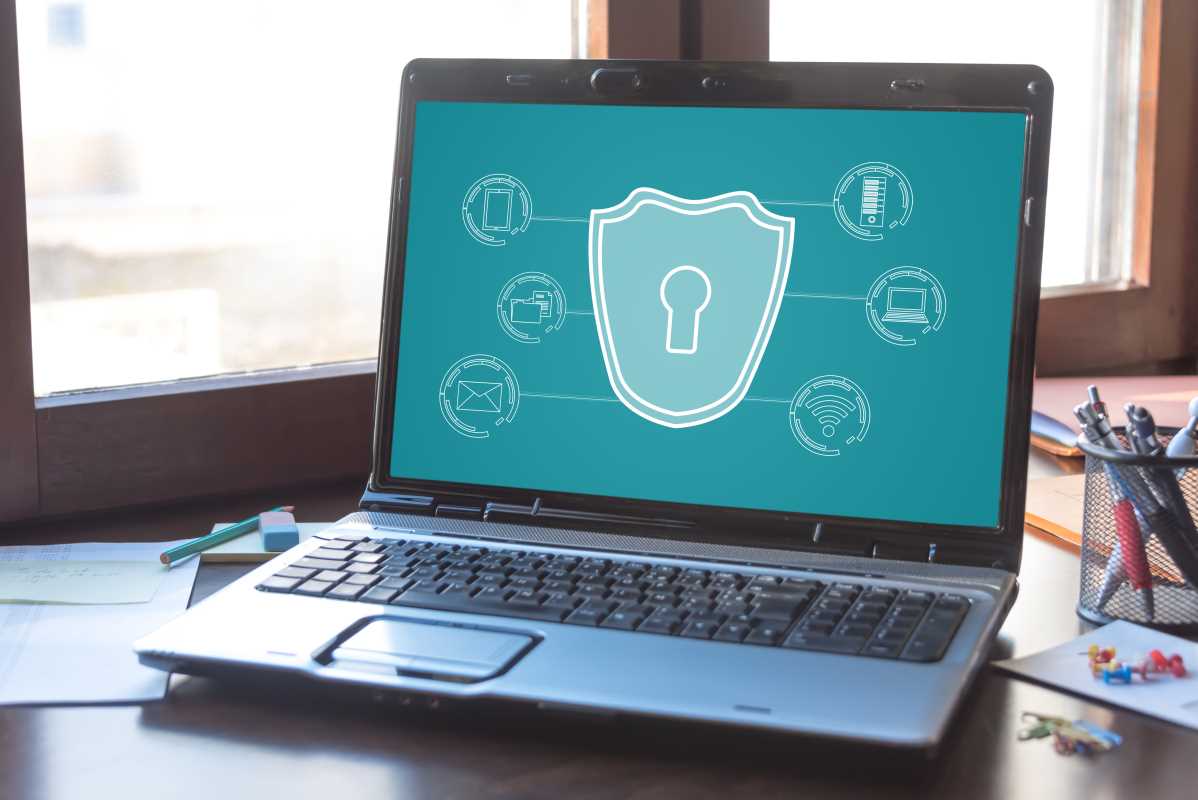With its strong economy and emphasis on digital innovation, Germany has become a hotspot for cybersecurity professionals. The need to protect sensitive data and critical infrastructure is growing rapidly, from multinational corporations to smaller tech firms. If you’re considering a career in cyber security, Germany offers a wealth of opportunities across various industries. Here’s a deep look into what the job market has to offer, key trends, and how you can position yourself for success.
The Growing Demand for Cyber Security Professionals
With the digital transformation sweeping through virtually all sectors, cyber security has become a top priority for businesses in Germany. High-profile cyber attacks, evolving threats, and stringent regulations such as the General Data Protection Regulation (GDPR) have driven the demand for skilled professionals. Organizations recognize that robust cyber security isn’t optional but essential for long-term success.
Germany, the largest economy in Europe, is a hub for digitally advanced industries, including finance, IT, and manufacturing. Consequently, the country is experiencing a talent gap in cyber security roles, leading to favorable job prospects for qualified candidates.
Key Industries Hiring Cyber Security Professionals
Finance
Banks and financial institutions are prime targets for cyberattacks, making cyber security a critical investment for this sector. Roles such as Security Analysts, Penetration Testers, and Compliance Specialists are in high demand to protect sensitive customer data and prevent breaches.
Healthcare
With the digitization of patient records and the use of IoT devices in hospitals, the healthcare sector requires cyber security experts to maintain data confidentiality and protect sensitive medical information.
IT & Technology
Germany's tech industry, centered in cities like Berlin and Munich, is expanding rapidly. Startups and established companies alike are hiring specialists to guard their software products, networks, and databases.
Automotive
Germany’s automotive giants, such as Volkswagen and BMW, are integrating advanced technologies into their vehicles. Cyber security experts are needed to secure connected cars and manufacturing plants against hacking attempts.
Public Sector
Government agencies and critical infrastructure providers such as energy companies face persistent threats from cybercriminals and nation-states, making cyber security a top priority in the public sector.
Types of Cyber Security Roles in Demand
Cyber security is a broad field that includes roles catering to diverse skill sets and interests. Here are some of the most sought-after positions in Germany’s job market:
- Penetration Tester: These professionals simulate attacks on networks, applications, or systems to identify vulnerabilities before they’re exploited.
- Security Analyst: Security Analysts monitor, detect, and respond to security incidents. They are central to maintaining an organization’s defense systems.
- Cyber Security Consultant: Consultants work with multiple clients to advise on best practices, risk assessments, and implementing security measures.
- Incident Response Specialist: Specialists in this role respond to security breaches and mitigate their effects to minimize impact.
- Chief Information Security Officer (CISO): For senior professionals, this executive role involves overseeing an organization’s entire cyber security strategy and managing security teams.
Must-Have Skills and Certifications
To stand out in Germany’s competitive job market, certain skills and certifications are essential. These credentials demonstrate not only technical expertise but also a commitment to maintaining industry standards:
Skills
- Threat Analysis and Risk Management: The ability to assess vulnerabilities and implement effective measures is critical in any role.
- Network Security: Understanding firewalls, intrusion detection systems, and network architecture is a basic requirement for many jobs.
- Cloud Security: With growing adoption of cloud technologies, expertise in securing cloud-based environments is in demand.
- Data Privacy Compliance: Familiarity with GDPR and other regulations is highly valued, especially in industries like healthcare and finance.
Certifications
While hands-on experience is vital, certifications can give you an added edge. The most commonly requested certifications for cyber security jobs in Germany include:
- CISSP (Certified Information Systems Security Professional): A globally recognized certification that covers all aspects of cyber security.
- CEH (Certified Ethical Hacker): Focused on ethical hacking techniques to expose vulnerabilities.
- ISO 27001 Lead Auditor or Implementer: Essential for professionals specializing in information security management systems.
- CompTIA Security+: A beginner-friendly certification for foundational security concepts.
- CISM (Certified Information Security Manager): Ideal for those aiming for managerial positions in cyber security.
Salary Expectations
Given the pressing demand for cyber security professionals, the compensation in this field is competitive. Salaries can vary depending on the role, experience, and location. Here’s a general overview of salary ranges for common roles:
- Entry-Level Positions (e.g., Security Analyst): €45,000–€60,000 per year
- Mid-Level Positions (e.g., Penetration Tester, Consultant): €65,000–€90,000 per year
- Senior-Level Positions (e.g., Incident Response Specialist, CISO): €100,000–€150,000+ per year
Additionally, companies may offer perks such as remote work options, flexible schedules, and professional development opportunities to attract top talent.
The Impact of GDPR and Data Protection Laws
Germany’s robust data protection laws, particularly under GDPR, have added complexity to cyber security roles. Professionals must ensure compliance with strict regulations around data collection, storage, and sharing. This has increased the demand for experts with knowledge of privacy laws and secure data management practices.
Organizations in Germany highly value employees who can balance technical security measures with regulatory compliance, making this a key area for aspiring professionals to focus on.
Tips for Breaking Into the Cyber Security Field
- Build a Strong Foundation: A degree in computer science, IT, or a related field is a great starting point. Relevant coursework or certifications are also highly valuable.
- Gain Hands-On Experience: Seek internships or entry-level positions that allow you to work directly on security systems, gain practical skills, and build your resume.
- Earn Certifications: Complement your skills with certifications like CISSP or CEH to enhance your credibility.
- Network Within the Industry: Attend conferences, seminars, and meetups to connect with professionals and stay updated on the latest trends.
- Focus on Niche Areas: Whether it’s cloud security or ethical hacking, specializing in a specific area can make you stand out to employers.
A Bright Future in Cyber Security
Cyber security jobs in Germany offer a dynamic and rewarding career path. With demand growing across industries and roles available for various specializations, now is an excellent time to enter the field. By equipping yourself with the right skills, certifications, and experience, you can unlock many opportunities and make the digital world safer.







